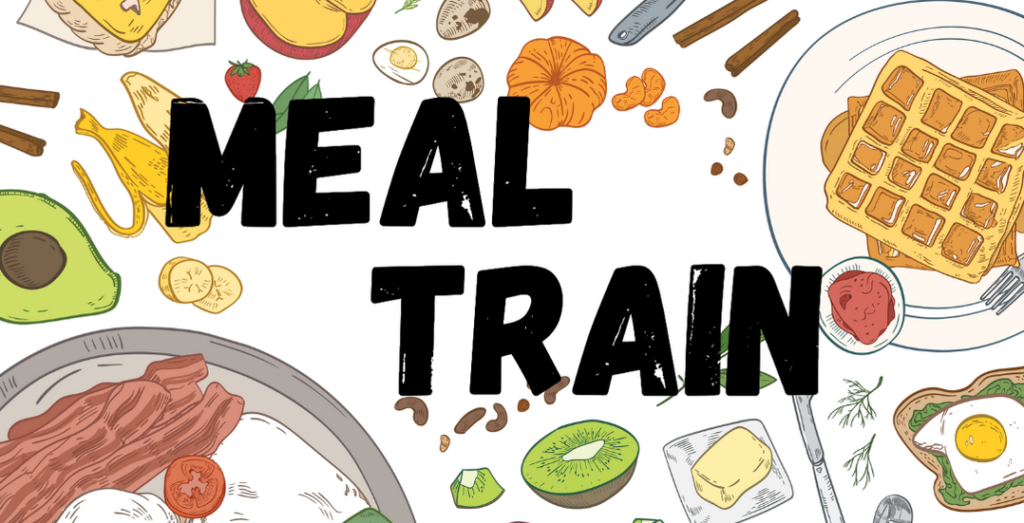April 11, 2024
Meal Trains 101

A brain cancer diagnosis can be overwhelming for both the patient and their loved ones. In such challenging times, the support of friends, family, and the community can make a significant difference. One practical and heartfelt way to offer support is through organizing a meal train. Meal trains provide nourishment and comfort during difficult times, allowing the patient and their family to focus on healing and recovery. Here’s a comprehensive guide to understanding and participating in meal trains during a brain cancer diagnosis.
Understanding Meal Trains
A meal train is a coordinated effort among friends, family, and community members to provide meals for someone facing a challenging situation, such as a cancer diagnosis. It involves organizing a schedule where participants sign up to prepare and deliver meals to the recipient’s home on designated days. Meal trains offer practical assistance while also conveying emotional support and solidarity.
Benefits of Meal Trains
Practical Support: Meal trains alleviate the burden of meal preparation for the patient and their family, especially during times when energy and resources may be limited due to medical treatments and caregiving responsibilities.
Nutritional Support: Proper nutrition is essential for individuals undergoing cancer treatment. Meal trains ensure that the patient receives nourishing meals tailored to their dietary needs, promoting strength and overall well-being.
Emotional Comfort: Beyond the physical nourishment, meal trains serve as a tangible expression of care and empathy. Knowing that others are thinking of them and taking concrete steps to support them can uplift the spirits of both the patient and their caregivers.
Organizing a Meal Train
Coordinate with the Recipient: Before setting up a meal train, communicate with the patient or their caregiver to understand their dietary preferences, any food allergies or restrictions, and the most convenient delivery times.
Choose a Platform: Several online platforms offer tools for organizing meal trains, allowing participants to sign up for specific dates and specify the meals they plan to prepare. Popular options include MealTrain.com and TakeThemAMeal.com.
Spread the Word: Utilize social media, email, and word-of-mouth to inform friends, family, neighbors, and coworkers about the meal train schedule and how they can participate. Provide clear instructions on how to sign up and deliver meals.
Consider Other Needs: While meals are the primary focus, consider including options for grocery gift cards, restaurant delivery services, or non-food items that may benefit the recipient, such as household essentials or books.
Participating in a Meal Train
Sign Up Promptly: Once you receive information about the meal train schedule, sign up for a date that works for you as soon as possible. This helps ensure that the recipient’s meal needs are consistently met.
Plan Your Meal: Choose a recipe that is nutritious, easy to transport, and can be reheated if necessary. Consider preparing dishes that can be frozen for future use or adapted to accommodate dietary restrictions.
Coordinate Delivery: Communicate with the recipient or their caregiver to arrange a convenient time for meal delivery. Be punctual and respectful of their schedule, and provide clear instructions for reheating or storing the meal if needed.
Offer Encouragement: Include a handwritten note or card with your meal, expressing your well wishes, words of encouragement, and support for the recipient and their family.
Meal trains offer a meaningful way to support individuals and families facing the challenges of a brain cancer diagnosis. By coming together to provide nourishment, comfort, and community, we can make a tangible difference in their journey towards healing and recovery. Whether organizing a meal train or participating as a contributor, every act of kindness helps lighten the load and reminds those affected by cancer that they are not alone in their fight.